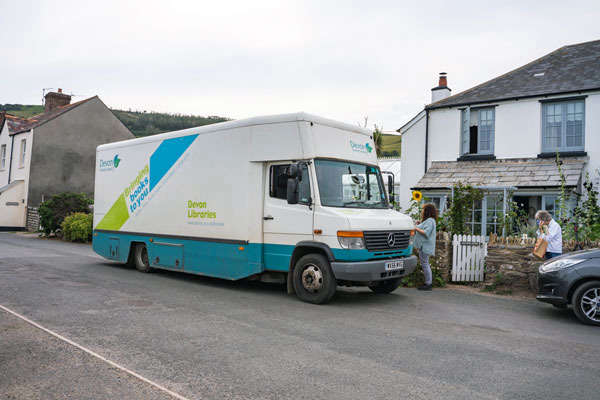
Devon County Council opts to close the service
Devon’s mobile libraries have been axed as budgetary pressures outweigh community efforts to save the service.
Rural communities had been particularly vocal in their bid to urge Devon County Council to maintain the service, outlining its importance to vulnerable people in isolated communities.
A petition to save the four mobile libraries had secured more than 9,000 signatures, including those of famous local authors Michael Morpurgo and Michael Rosen.
But Councillor Roger Croad (Cons, Ivybridge), cabinet member for public health, communities and equality, said he had decided to make the “very sad decision” to recommend the closure of the service based on the decline in usage and its ongoing cost to the authority.
A report put before the meeting said the council spent £217,000 a year on mobile library running costs.
To appease campaigners, it announced a £25,000 transition fund to help vulnerable mobile library users, and an additional £15,000 for community groups and parish councils to apply for small grants to facilitate local community library development.
It was also agreed not to decommission the libraries until February next year.
Questions were asked about what would happen to the predicted £18,000 the council could get from the sale of the libraries, but people were told that issue would have to be dealt with by the relevant finance committee.
“We just cannot afford the mobile service any more,” Cllr Croad said.
“It has had its day and it has been really good, and a lifeline for many of our rural communities, but we need to find alternatives.”
He reiterated that in his 14 years in charge of libraries, it still had 50 static sites in spite of their budget dropping by a third since 2009, showing how the county had “worked very hard to retain them.”
Speaking after the meeting, Torridge district councillor Cheryl Cottle-Hunkin (Lib Dem, Shebbear & Langtree) said she is “hugely disappointed and angry but not very surprised”.
“I think the alternative options they are suggesting that are available to library users are just lip service,” she said.
“They claimed they are going to provide a better level of service than the mobile libraries, but how are they going to do that with no money.”
She added that not every rural community had volunteers able or willing to run a community library, set up somewhere like a village hall.
Members of the public at the meeting raised the issue of whether the council had sought potential partners to help fund the service, including through grant funding or private businesses, such as banks.
Cllr Croad said this had not been done because the four mobile libraries would need replacing regardless, at a predicted cost of between £600,000 and £800,000, and he did not think external funders would cover this.
He added he did not believe that Levelling Up funding would be secured either, as this central government pot was hugely oversubscribed.
Councillor Julian Brazil (Lib Dem, South Hams) thought the lack of exploration of a possible hybrid solution – whereby the mobile library would host one or more other services on it – was a “missed opportunity”.
“I accept that we needed to review the service as it did seem incredibly expensive, but I think the premise of cutting it is a mistake and I think we have lacked imagination as an authority,” he said.
“We are all struggling to deliver services to rural areas, and here was an opportunity where we have the infrastructure, so why not go and search for other partners and investigate how to come together and deliver a hybrid service.”
Cllr Brazil asked whether district councils could have an opportunity to see if they could find partners to help keep the mobile libraries going in their areas.
Councillor Carol Whitton (Lab, St David’s and Haven Banks) said it was “very sad” to listen to the public’s strength of feeling. “But there is a high cost to deliver the service and usage has been going down,” she said.
“That seems a pretty impossible dilemma to solve satisfactorily, and I recognise how difficult this decision must have been.”
The meeting heard that the library service in Devon offered other solutions that isolated residents could use, such as receiving books by post, or allowing neighbours to collect books for them through its Good Neighbours Membership.
But various councillors highlighted that the most vulnerable users of mobile libraries might not use the internet, either through a lack of experience or poor broadband.
Councillor Andrew Saywell (Cons, Torrington Rural) said community libraries had worked well in his constituency, including in the likes of High Bickington, and hoped other rural communities could replicate this success.
But Councillor Alistair Dewhirst (Lib Dem, Ipplepen & The Kerswells), who chairs the corporate infrastructure and regulatory services scrutiny committee said the most vulnerable would be the biggest losers.
“The people most affected and who will end up with no service will be the most vulnerable, the infirm, very old and very young,” he said.
“Our council seems to spend more on fewer and fewer people, and the vast majority of council tax payers see less for their money, and people in rural communities are doubly disadvantaged.”
He also queried how far the £15,000 from the Growing Communities Fund would go once it was broken down by community, and suggested that the cost of replacement mobile libraries could actually be spread over several years to make it more affordable.
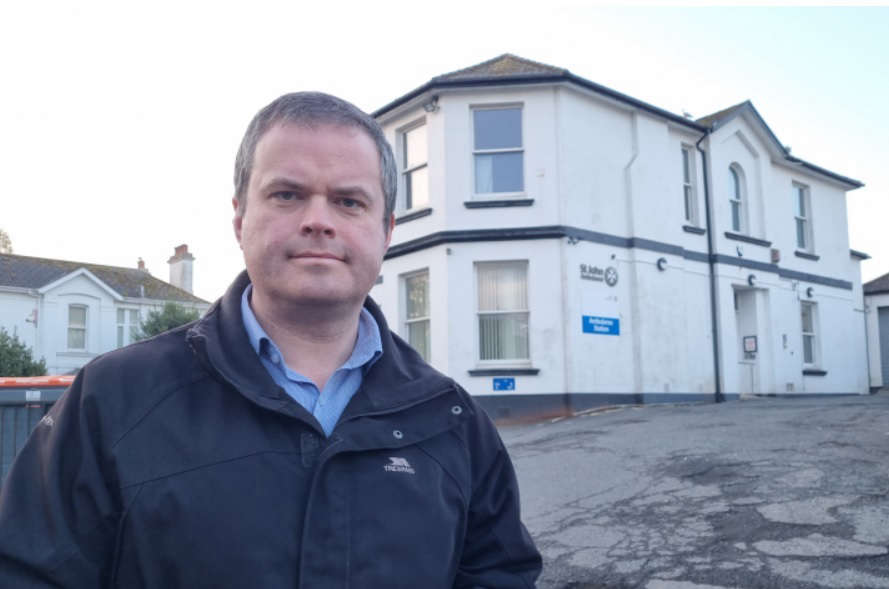 Petition launched to save Paignton ambulance station
Petition launched to save Paignton ambulance station
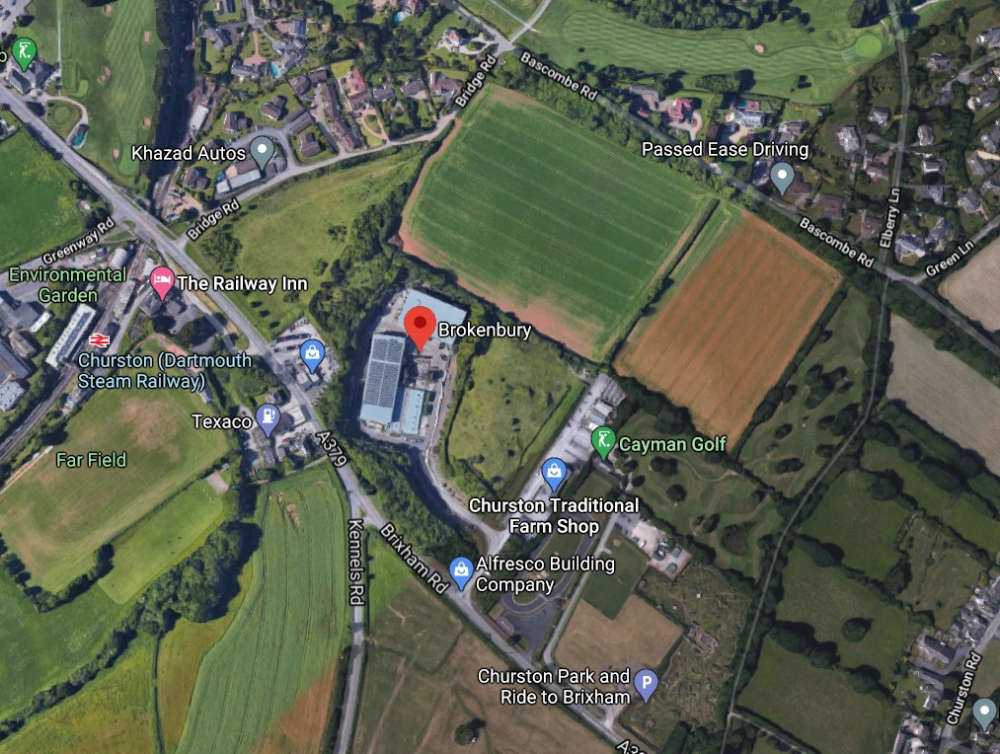 Official challenge to Torbay solar farm project
Official challenge to Torbay solar farm project
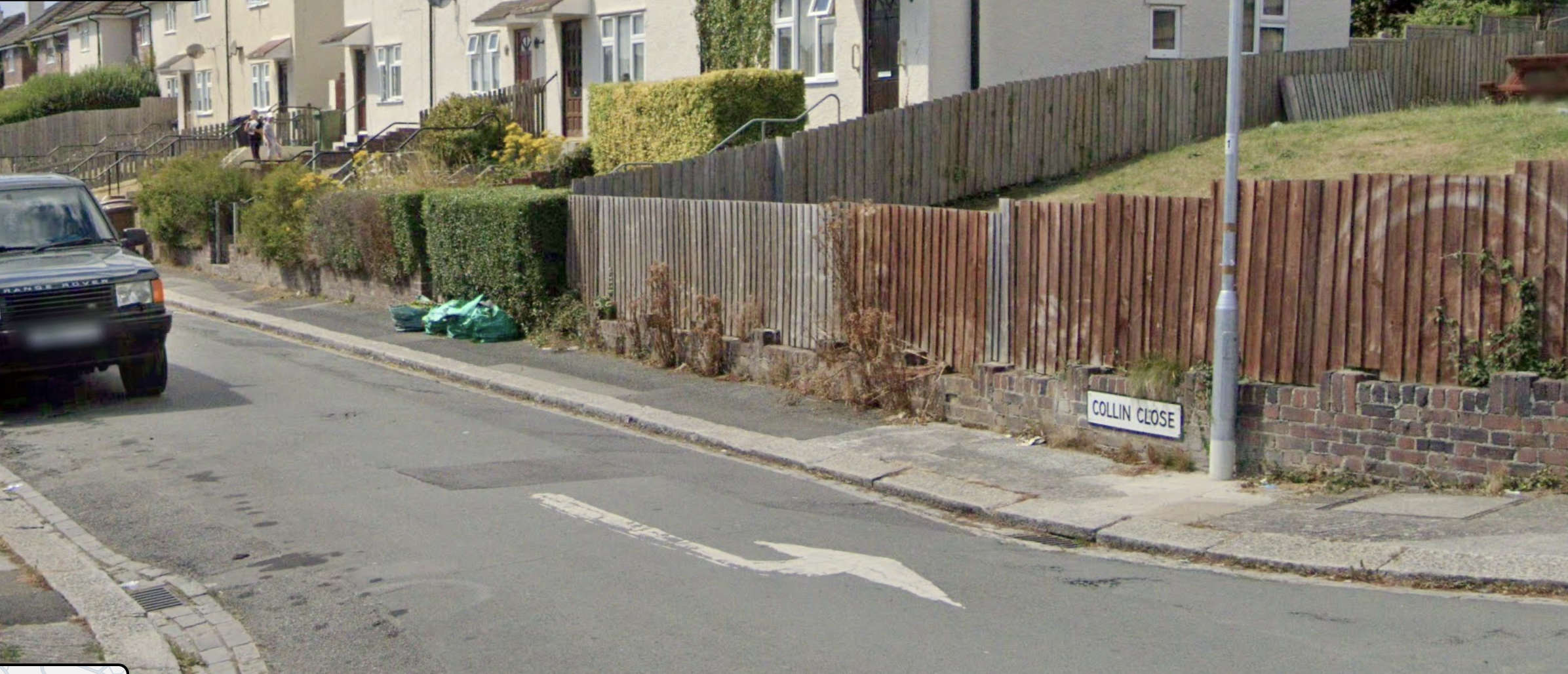 Two people injured in suspected Plymouth stabbing
Two people injured in suspected Plymouth stabbing
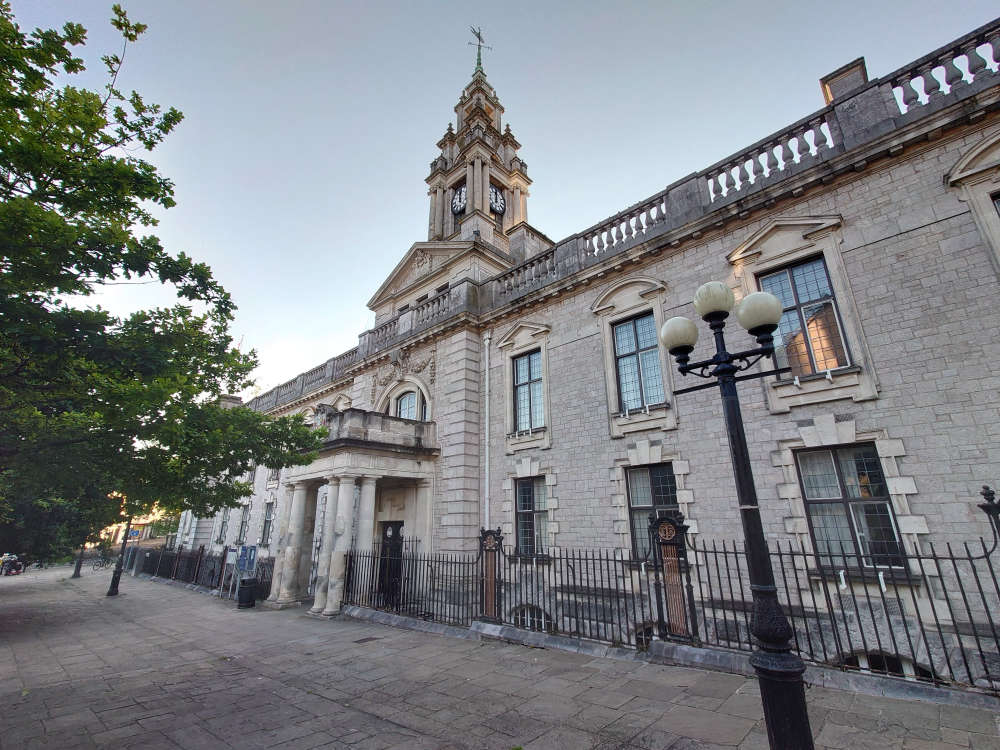 Four councillors banned from council tax debates
Four councillors banned from council tax debates
 Video shows Devon biker causing horrific crash
Video shows Devon biker causing horrific crash
